In a surprising turn of events, the streets of Los Angeles are buzzing with tension and unrest as anti-immigration enforcement protests escalate. The situation has prompted an unprecedented response from the U.S. government, including the deployment of 2,000 National Guardsmen and now, a battalion of 500 U.S. Marines to restore order in the riot-racked city.
President Donald Trump’s decision to send in these reinforcements has sparked a lively debate across the nation, with both supporters and critics weighing in on the implications of such military involvement on American soil.
Marines’ Mission: Protecting Federal Assets
The Marine deployment is specifically focused on safeguarding federal property and personnel, rather than directly engaging in law enforcement activities. This distinction raises questions about how they will respond if faced with provocations like objects being thrown or protesters spitting at them.
Expert analysts point out that while using military forces for domestic purposes is not unheard of in times of crisis, it does bring up concerns regarding civil liberties and the balance between security and individual rights.
Political Backlash: Governor vs. President
California Governor Gavin Newsom’s swift reaction to Trump’s move underscores the deep political divide surrounding this issue. Newsom’s office criticized the mobilization as unnecessary escalation and a violation of California’s sovereignty, emphasizing that deploying Marines within state borders sets a dangerous precedent.
Meanwhile, President Trump defended his actions by asserting that any show of disrespect towards law enforcement would be met with swift repercussions. His unyielding stance on maintaining law and order reflects his administration’s firm approach to quelling civil unrest.
Citizen Concerns amidst Chaos
As tensions continue to simmer on Los Angeles streets, citizens are caught in the crossfire between opposing ideologies. Protests stemming from ICE raids have morphed into violent clashes that threaten public safety and test the limits of governmental authority.
The use of force by authorities against civilians has sparked outrage among advocacy groups who fear excessive militarization could infringe upon constitutional rights guaranteed to all Americans.
The Role of Media in Shaping Perceptions
Media coverage plays a crucial role in shaping public opinion during times of social upheaval. While some portray the military presence as a necessary measure to restore peace, others view it as an ominous sign of authoritarian control creeping into civilian life.
Analyzing these divergent narratives sheds light on deeper societal fissures around issues like immigration policy, law enforcement tactics, and federal-state power dynamics – all playing out against the backdrop of heightened emotions and conflicting interests.
Amidst swirling debates over national security versus personal freedoms, one thing remains clear: Los Angeles stands at a critical juncture where every decision made today will reverberate far into its future.



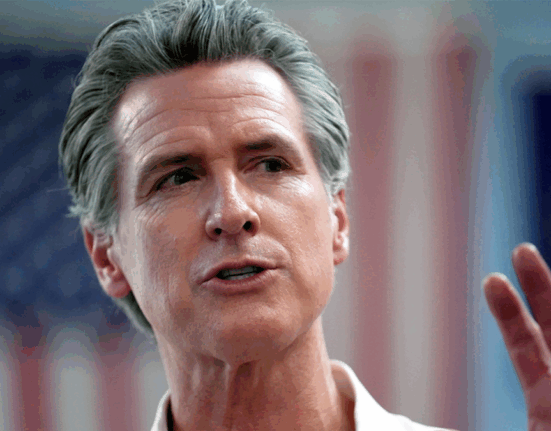
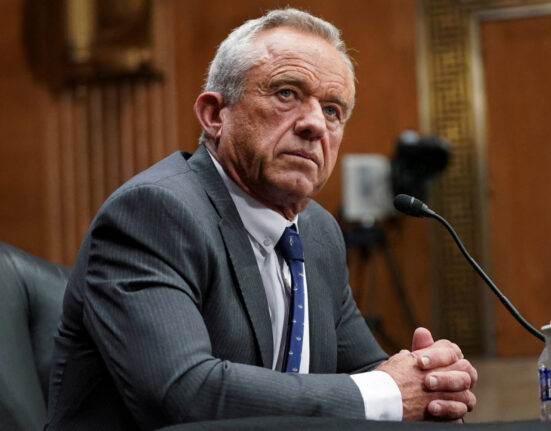
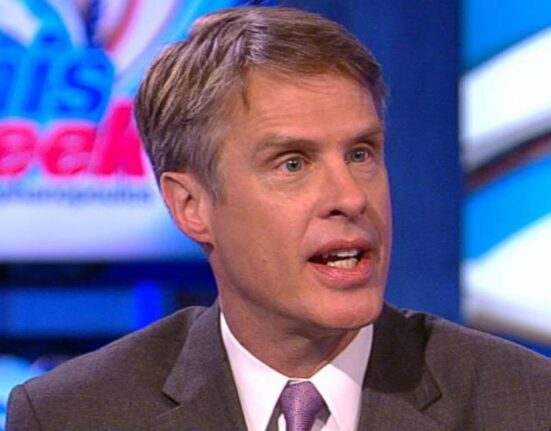
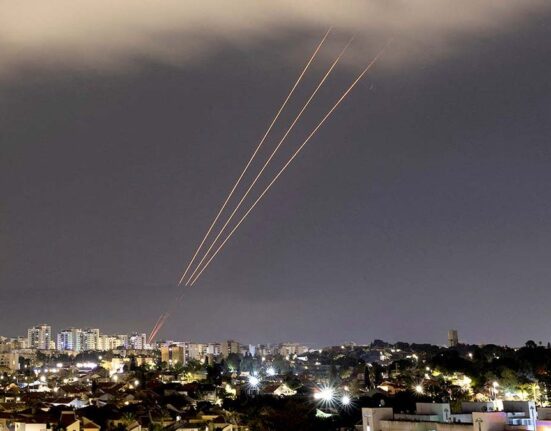
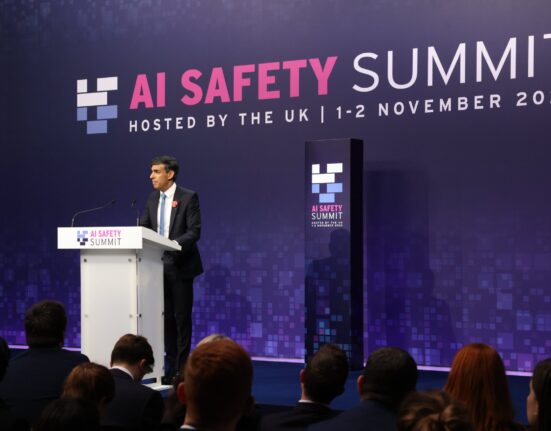
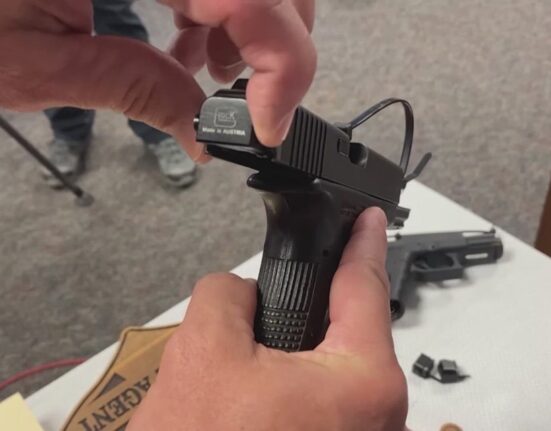
Leave feedback about this